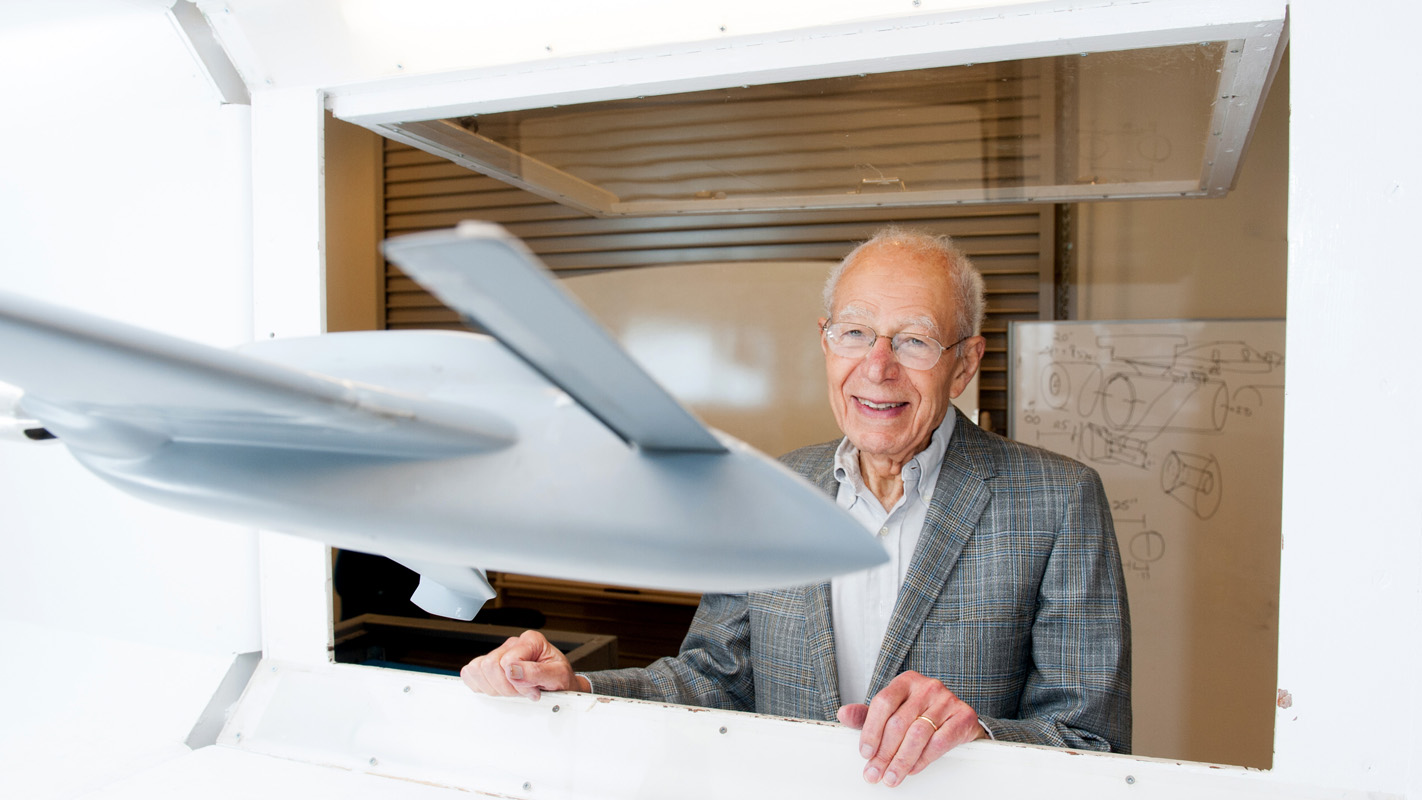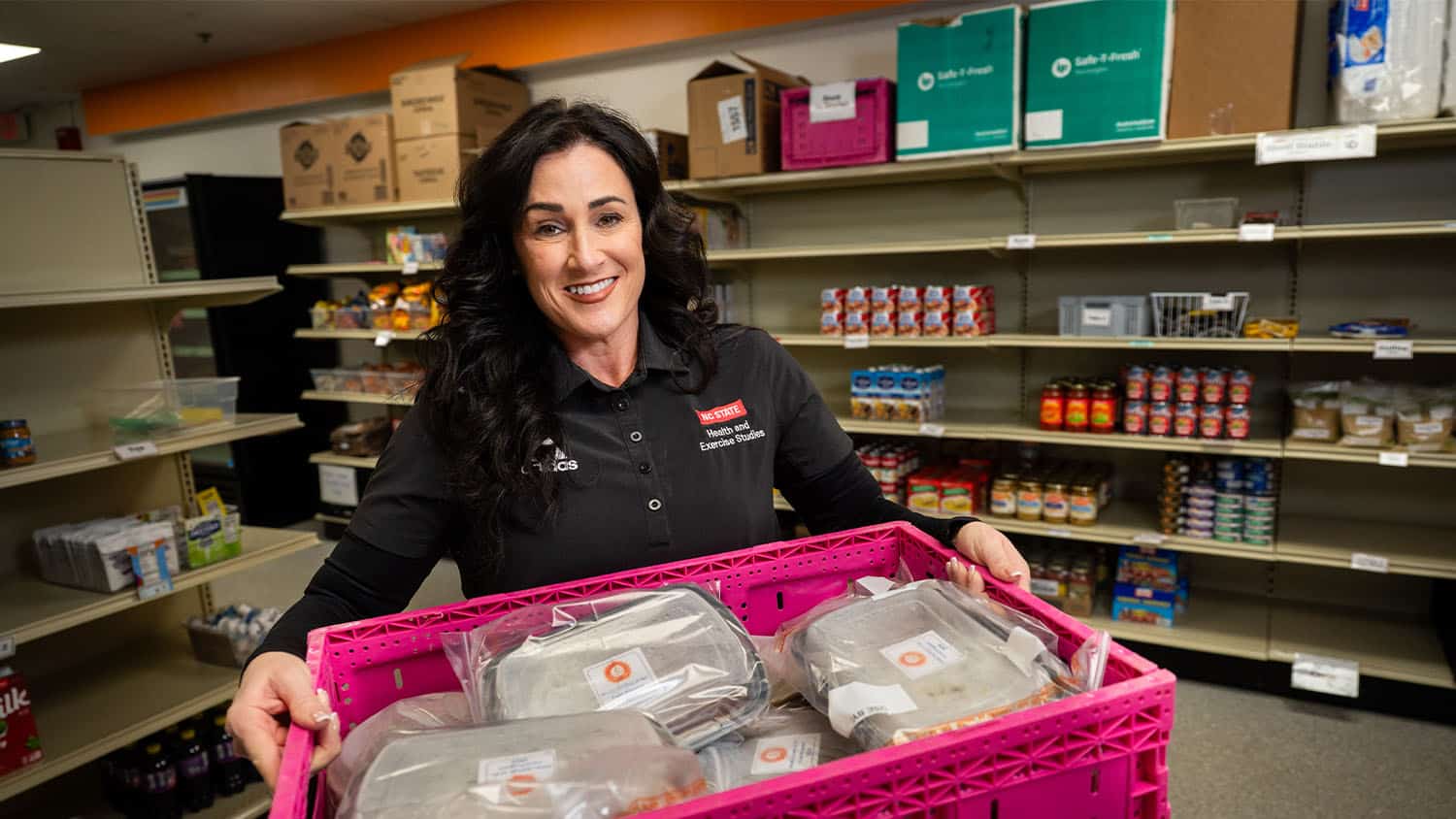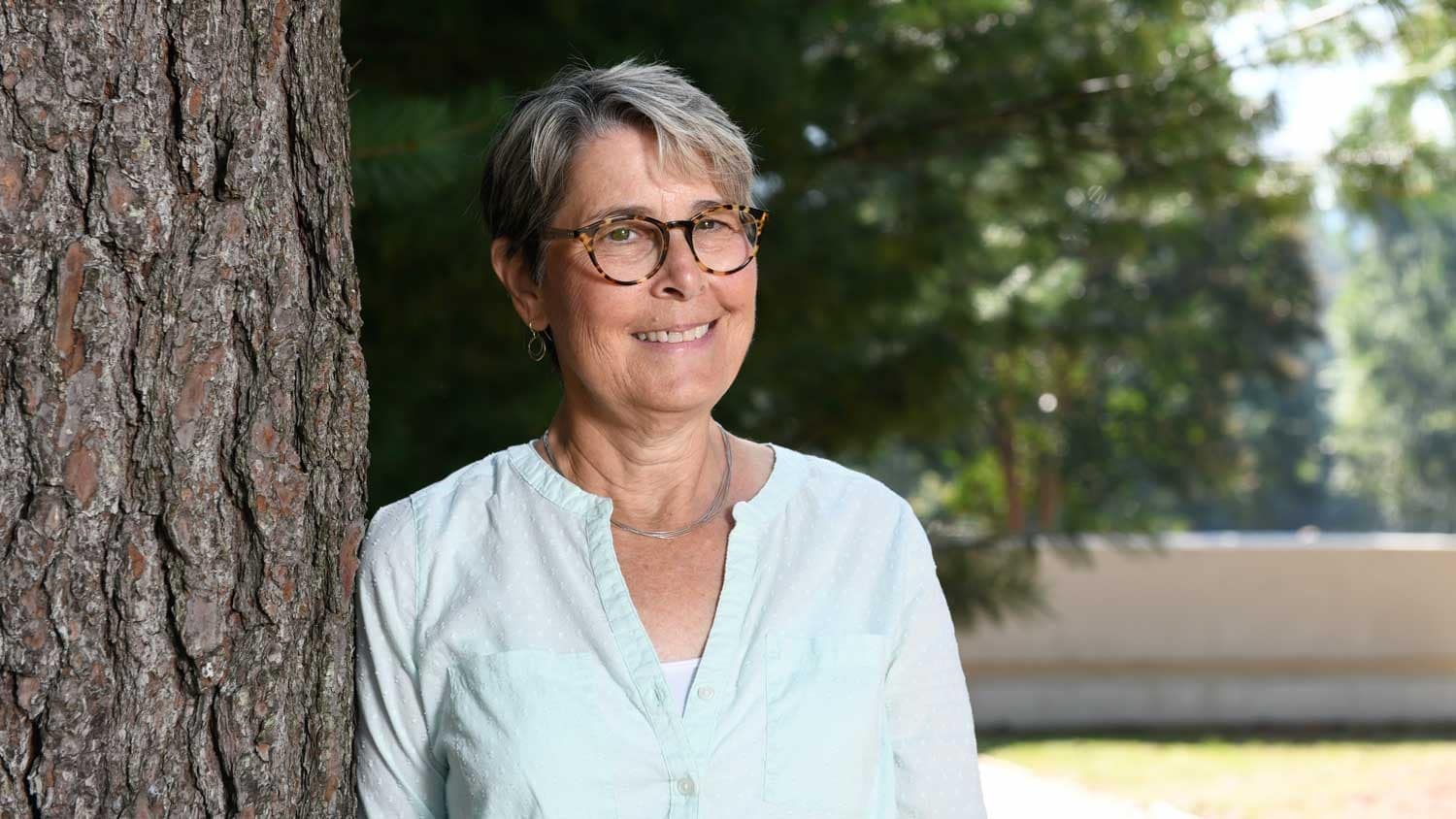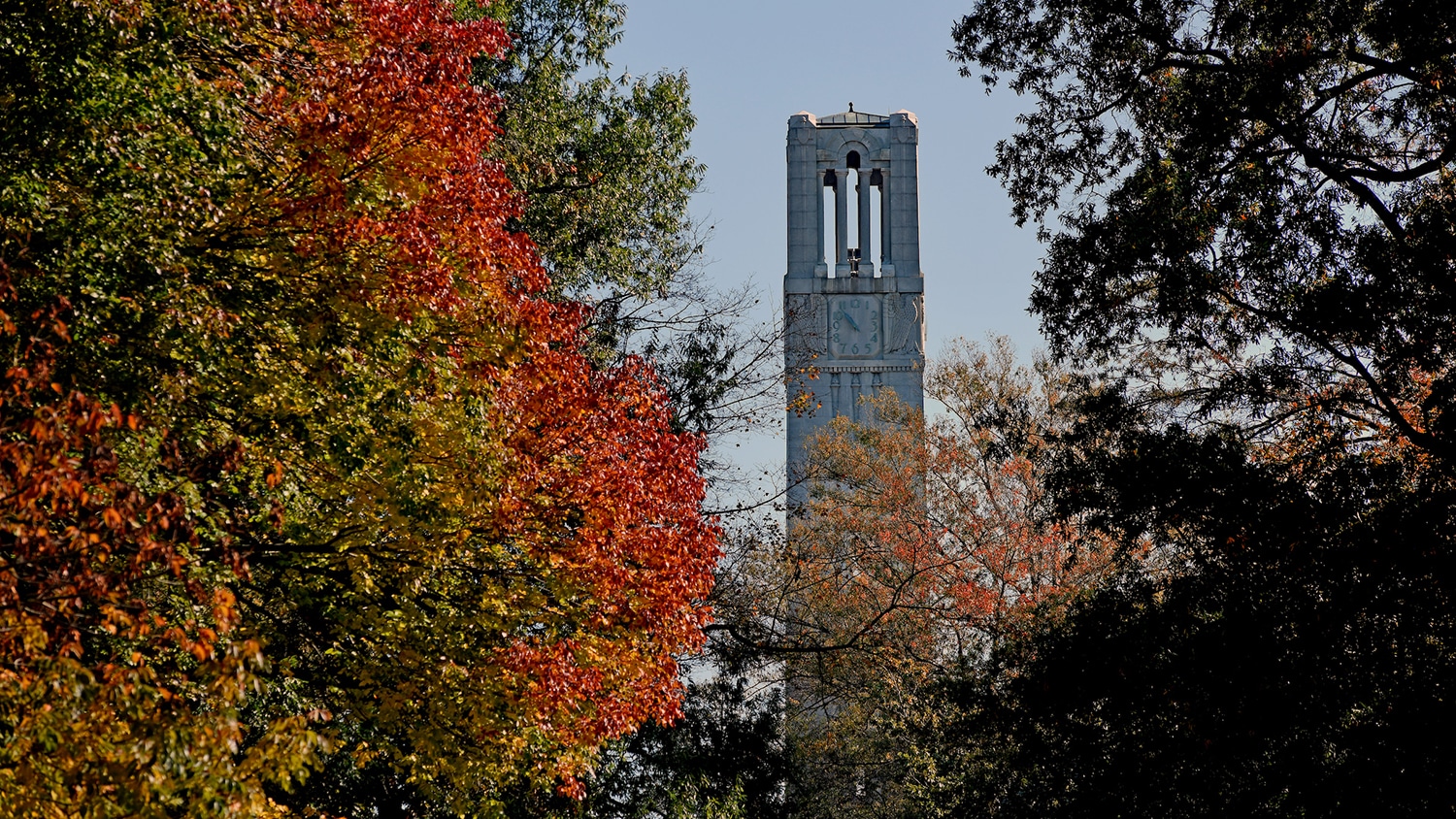Hassan A. Hassan has enjoyed a productive career at NC State University. The mechanical and aerospace engineering professor has notched more than 200 publications in the aerospace field, served as principal investigator on countless research projects for NASA and others and received awards including the Alexander Quarles Holladay Medal for Excellence, the university’s highest faculty honor. He has taught a wide range of classes, and served as major adviser to 36 Ph.D. and 68 master’s students.
Hassan came to the United States in 1952 on a Fulbright Fellowship. That nine-month opportunity led to decades of fulfilling and important work. He hopes to return the favor.
Gratitude for everyone who has supported him since those early days, paired with a commitment to educating future innovators, led the Department of Mechanical and Aerospace Engineering veteran to establish a graduate fellowship endowment at NC State.
“Lots of people helped me make it, helped me become successful,” said Hassan, a member of the university’s W.C. Riddick Lifetime Giving Society. “I would like to be helpful to others. That’s really the motivation. I’m paying my debt, in a way.”
The Hassan Family Fellowship Fund is designed to provide two-year stipends for master’s candidates and four-year stipends for Ph.D. candidates in the College of Engineering. An additional goal is to support exceptional students from Hassan’s homeland of Palestine, currently defined as the geographic region of Gaza and the West Bank.
After graduating from the Arab College in Jerusalem, Hassan earned his B.S. in mathematics through a University of London extension program in 1952. Opportunities for further education proved challenging to find. An American professor spending a year at the University of Baghdad suggested that the growing field of aerospace engineering in the United States might be a good fit for Hassan’s talents.
After overcoming a few obstacles, Hassan ended up at the University of Illinois on the Fulbright. As he completed more physics and engineering courses, he discovered his love for the discipline he has never regretted pursuing. Without prior arrangements beyond that Fulbright, he was fortunate to find mentors and short-term positions that enabled him to earn his master’s and doctoral degrees in aeronautical engineering from Illinois.
“I worked for this guy, then that one — anything to work on a project and get a little money,” Hassan said of his education and early career. “Whenever I needed help somehow, someone helped me.”
After brief service on the University of Baghdad’s faculty, he joined Virginia Tech as an associate professor in 1959. Soon after, the head of his department left for NC State to start a space-related program. At first, Hassan resisted an offer to follow, but moving to Raleigh piqued the interest of his wife, Nabila. Already a full professor, he arrived at NC State in 1962 expecting to stay three or four years.
Raleigh, however, is convenient to NASA’s Langley Research Center in Virginia, where Hassan has often collaborated. He spent many summers with groups of NC State students at the center, for example, helping develop NASA’s in-house computational fluid dynamics codes.
“Langley — I probably have gone there more over the years than I’ve gone to downtown Raleigh,” Hassan said with a chuckle. “I’ve had a really good relationship with other faculty at NC State. And we grew really to like it here and are glad we stayed. This became home.”
Much certainly has changed during his NC State tenure. When he arrived, enrollment was not quite 7,500. There were “three or four guys” in his department; it now includes more than 20 full professors alone. Hassan has taught all kinds of courses, as well as helping lead programs such as the Mars Mission Research Center.
One constant: his research contributions in areas such as plasma dynamics, electrical propulsion, electric discharge and nuclear pumped lasers for space application, re-entry physics, Monte Carlo simulation of the Martian atmosphere, supersonic combustion and atmosphere optical turbulence.
Hassan also has contributed back financially to the university regularly to encourage achievement in the next generation. Along with other gifts, he began monthly payroll deduction gifts in 1991; for about 20 years, this support has gone toward enhancement funds for the College of Engineering and the NCSU Libraries.
The fellowship fund is a natural extension of his investment. Graduate students face increasing challenges, Hassan said, in securing two or three years of funding at once. Talented scholars find themselves constantly scrambling. “It’s a big need,” he said. “A lot of students, international students especially, might have something locked in for one year but nothing else.”
Hassan has inspired both interest in NC State — one of his two children, Basil, earned a Ph.D. in aerospace engineering at the university, and one of his three grandchildren is currently enrolled — and philanthropy in others.
On Nov. 13 at Hunt Library, the first Professor Hassan A. Hassan Distinguished Lecture will feature John D. Anderson Jr., curator for aerodynamics at the Smithsonian National Air and Space Museum and professor emeritus of aerospace engineering at the University of Maryland. Generous former students, fellow faculty members and other alumni established the lecture series to honor Hassan’s legacy.
In phased retirement, he teaches one course while continuing with research interests. Publications such as Aircraft Propulsion and Journal of Aircraft fill every inch of his office in Engineering Building III, just as they did his former space in Broughton Hall.
“I am still glad to come here to NC State every day,” Hassan said. “The interaction with the students and faculty keeps me feeling young and full of energy.”



